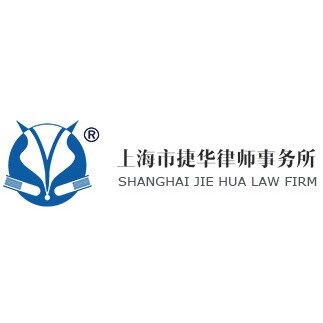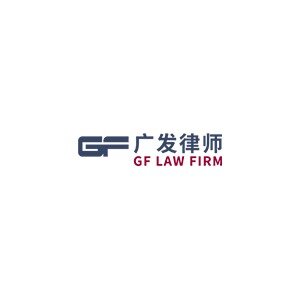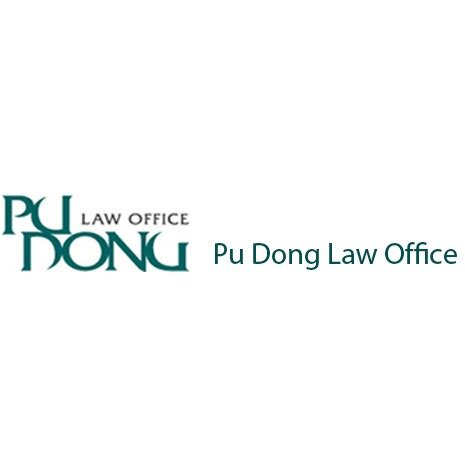Best Structured Finance Lawyers in China
Share your needs with us, get contacted by law firms.
Free. Takes 2 min.
Or refine your search by selecting a city:
List of the best lawyers in China
About Structured Finance Law in China
Structured finance in China refers to a set of complex financial instruments that are designed to help companies and institutions manage risk, raise capital, and structure transactions in ways that often involve the pooling of financial assets and the issuance of securities backed by those assets. Common tools include asset-backed securities, mortgage-backed securities, securitization, project finance, and other off-balance-sheet financing techniques. In recent years, structured finance has become an integral part of China's financial markets, providing alternative funding channels and supporting economic growth while introducing new regulatory and legal considerations.
Why You May Need a Lawyer
Structured finance transactions often involve intricate legal, regulatory, and compliance issues. You may need a lawyer in a variety of scenarios, including:
- Structuring and documenting complex financing deals involving different entities or jurisdictions
- Drafting or reviewing securitization agreements, trust contracts, and related documentation
- Navigating the regulatory approval process with Chinese authorities such as the China Securities Regulatory Commission (CSRC) and the China Banking and Insurance Regulatory Commission (CBIRC)
- Ensuring compliance with local laws governing asset-backed securities and other forms of structured products
- Advising on cross-border investments and foreign participation in structured finance transactions
- Managing disputes related to structured finance products, including court or arbitration proceedings
- Undertaking due diligence on underlying assets or counterparties
- Advising on tax, accounting, and bankruptcy implications of structured deals
Local Laws Overview
Structured finance in China is subject to a variety of local laws and regulations. Key legal frameworks and guidelines include:
- Securitization Laws: The regulatory environment is mainly shaped by the Administrative Measures for the Pilot Projects of Credit Asset Securitization, CSRC regulations, and CBIRC rules governing asset-backed securities and special purpose vehicles.
- Trust Law: Trust structures are often employed in securitization, governed by the Trust Law of the People’s Republic of China and supporting regulations from the China Banking and Insurance Regulatory Commission.
- Bankruptcy Law: The Enterprise Bankruptcy Law influences how assets are ring-fenced and recoveries are made in distressed scenarios.
- Foreign Investment Laws: Foreign investor participation in structured finance is subject to the Foreign Investment Law and Negative List restrictions.
- Tax and Accounting Rules: Relevant rules must be followed, including VAT treatment of structured products and local accounting regulations for asset recognition.
It is crucial to understand that China’s regulatory regime can change rapidly and often involves multiple regulatory authorities.
Frequently Asked Questions
What are the main types of structured finance products available in China?
The most common products include asset-backed securities, mortgage-backed securities, supply chain finance instruments, project finance vehicles, and structured notes.
Who regulates structured finance activities in China?
The China Securities Regulatory Commission (CSRC), China Banking and Insurance Regulatory Commission (CBIRC), and the People’s Bank of China (PBOC) are the key regulators.
Can foreign investors participate in structured finance transactions in China?
Yes, but foreign participation can be subject to sector restrictions and must comply with the Foreign Investment Law and any Negative List provisions.
What is securitization and how is it used in China?
Securitization is the process of pooling financial assets and issuing securities backed by those assets. It is used for credit risk transfer, liquidity management, and capital raising in China.
Are there special rules for asset-backed securities issued in China?
Yes, issuers must follow CSRC and CBIRC rules on disclosure, asset isolation, credit enhancement, and investor protection.
How is bankruptcy risk managed in structured finance transactions?
Legal structures such as bankruptcy-remote entities and asset ring-fencing mechanisms are used, and governed by relevant bankruptcy and trust laws.
What documentation is typically required for a structured finance transaction?
Typical documents include offering circulars, trust agreements, servicing contracts, purchase and sale agreements, and regulatory filings.
Must all structured finance deals be approved by regulators in China?
Most deals require regulatory review or registration, especially those involving public offerings or financial institutions as originators.
How are disputes resolved in structured finance?
Disputes may be resolved through litigation in Chinese courts or arbitration, as agreed in the transaction documents.
What legal risks should participants be aware of in structured finance?
Key risks include changes in regulations, counterparty default, enforceability of contracts, asset quality issues, and compliance with foreign participation rules.
Additional Resources
For further help or official guidance on structured finance law in China, consider the following:
- China Securities Regulatory Commission (CSRC)
- China Banking and Insurance Regulatory Commission (CBIRC)
- People’s Bank of China (PBOC)
- China Trustee Association
- China International Economic and Trade Arbitration Commission (CIETAC)
- Major international and domestic law firms with dedicated structured finance teams in China
- Academic and industry publications about China’s structured finance market
Next Steps
If you believe you need legal advice in structured finance, consider the following steps:
- Define your objectives - be clear about your transaction goals, counterparties, and expected outcomes.
- Gather all relevant documents and background information about the assets or products involved.
- Research and select an experienced law firm or legal practitioner with a proven background in Chinese structured finance.
- Schedule a consultation to discuss your needs and understand potential legal strategies, risks, and costs involved.
- Work with your lawyer to ensure compliance at every stage, from documentation and regulatory approvals to closing and ongoing management.
Seeking legal counsel early can help you identify potential challenges and ensure your structured finance activities in China are legally sound and effective.
Lawzana helps you find the best lawyers and law firms in China through a curated and pre-screened list of qualified legal professionals. Our platform offers rankings and detailed profiles of attorneys and law firms, allowing you to compare based on practice areas, including Structured Finance, experience, and client feedback.
Each profile includes a description of the firm's areas of practice, client reviews, team members and partners, year of establishment, spoken languages, office locations, contact information, social media presence, and any published articles or resources. Most firms on our platform speak English and are experienced in both local and international legal matters.
Get a quote from top-rated law firms in China — quickly, securely, and without unnecessary hassle.
Disclaimer:
The information provided on this page is for general informational purposes only and does not constitute legal advice. While we strive to ensure the accuracy and relevance of the content, legal information may change over time, and interpretations of the law can vary. You should always consult with a qualified legal professional for advice specific to your situation.
We disclaim all liability for actions taken or not taken based on the content of this page. If you believe any information is incorrect or outdated, please contact us, and we will review and update it where appropriate.
Browse structured finance law firms by city in China
Refine your search by selecting a city.















